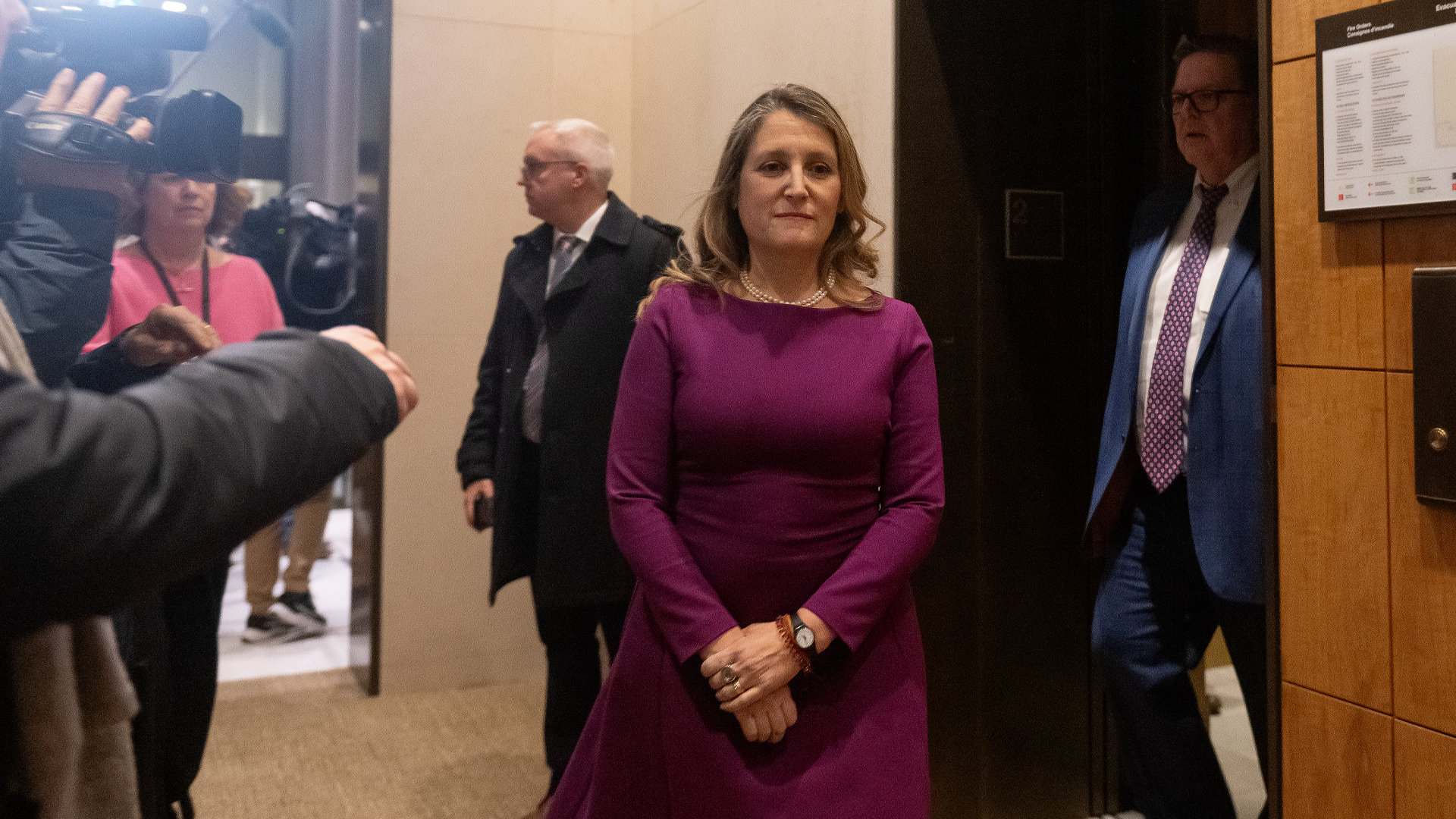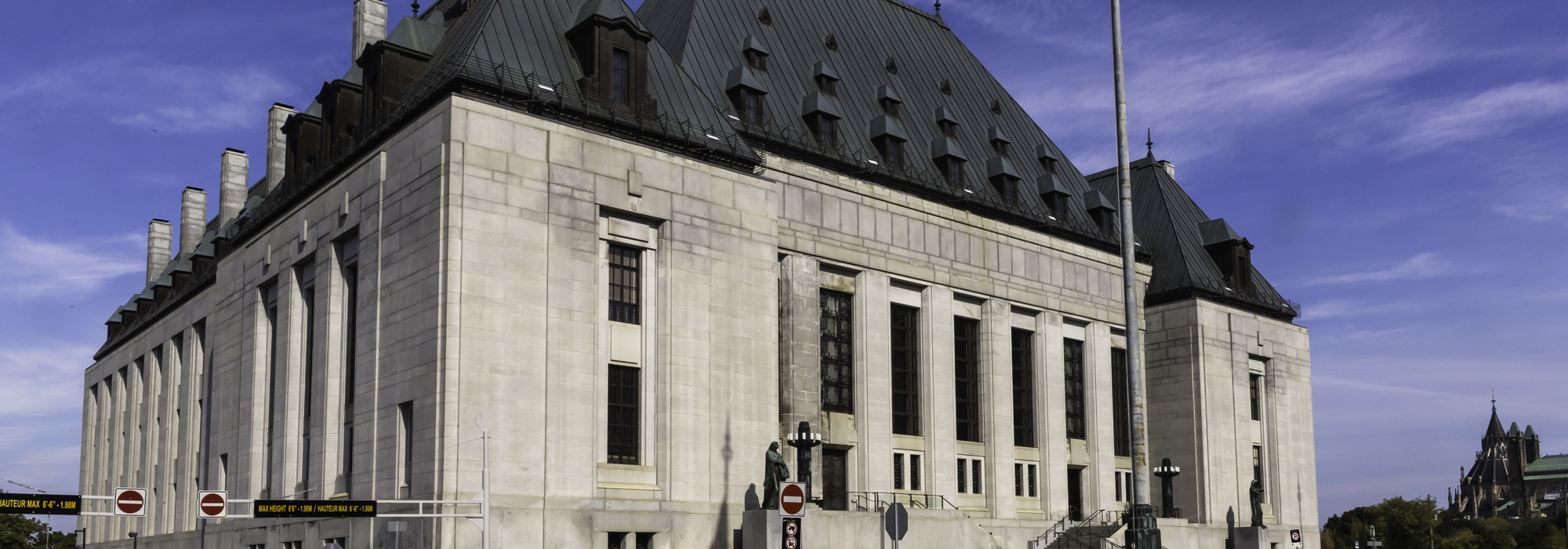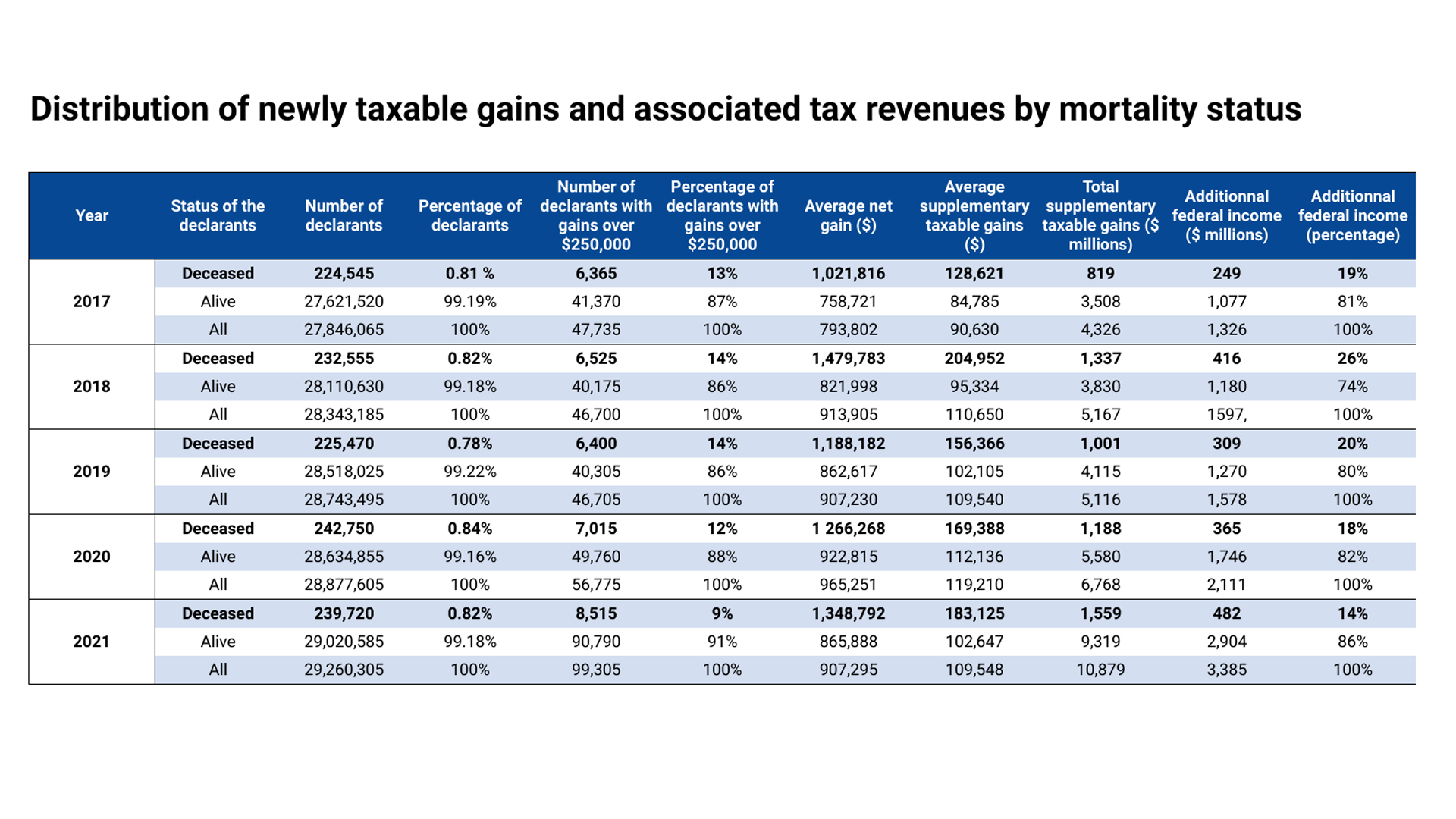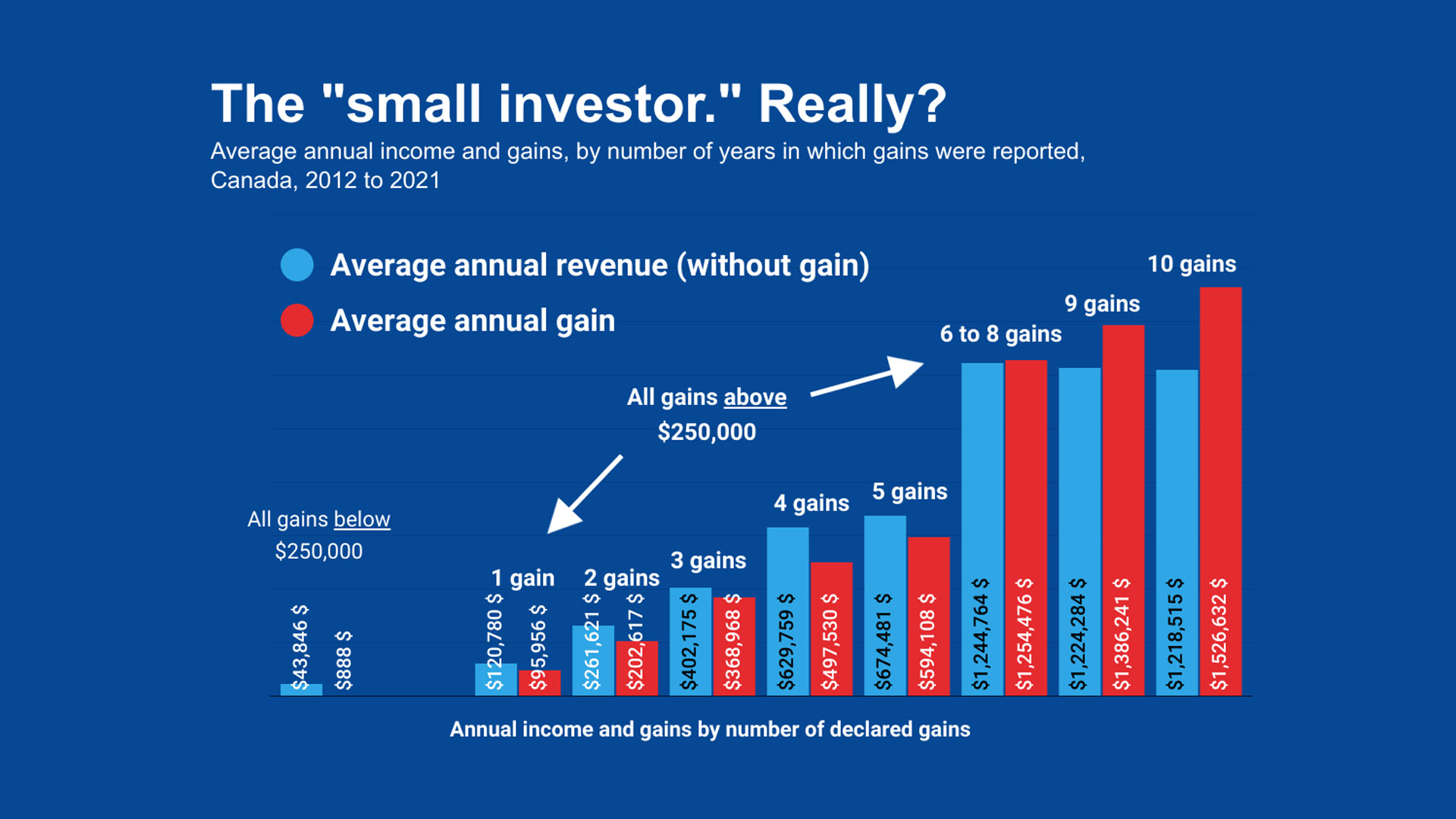
The Prime Minister has drawn some heat for a number of recent judicial appointments, and in particular, for the appointment of so-called ideological judges. To the extent that these criticisms reflect an antipathy to judicial ideology as such, or the peculiar Canadian vanity that stems from the fact that our judges cannot – like the US judiciary – be divided neatly into ideological “camps,” I think we should (as usual) be less smug. It has never been clear to me why a profound uncertainty as to the basis upon which an appellate judge may develop the law has been elevated to a cardinal virtue of the judicial craft, but if this reveals an utter absence of ‘ideological’ commitments in any form, I am not convinced this is always a good thing.
In fact, from being pernicious, the possession of a certain type of ideology – what I’ll call a judicial ideology – may in fact be important to the task of judicial law-making in the constitutional arena, both for the purposes of ensuring legal coherence and consistency, and for the purposes of ensuring some degree of public accountability.
Before I get into that, I should clarify my terms. First, almost no one would suggest that partisan ideology, in the sense of revealing a preference for a certain political party, is an admirable quality in a judge. Demonstrating a tribal predisposition of this sort – in the same way as a predisposition to a specific litigant – would be corrosive to the judicial function, on most anyone’s definition.
Second, almost all judges will have a personal political ideology, of varying levels of resolve. By political ideology I mean certain fundamental moral, social or political commitments or predispositions respecting how a society should operate, and therefore which public policies are sensible and appropriate. The existence of this type of ideology is largely unavoidable, although the degree to which these personal convictions should impact judicial decision-making is something to be managed.
Finally, judicial ideology, as I’ll use the term, is based on what a judge believes to be his or her role within the legal system, which in turn informs a set of principles and the interpretive methods they employ in going about their job. In very broad terms, a judicial ideology with respect to constitutional law may require deference to elected bodies; may require adherence to past precedent, the intention of lawmakers, or the original meaning of a law as passed; may seek to ensure the proper operation of robust democratic institutions; or may counsel making pragmatic, empirical decisions in the context of specific cases. It is this form of ideology that I think is particularly important for principled constitutional decision-making, for reasons I will develop below.
These distinctions are, I’ll admit, simplistic and murky. There may be considerable overlap, especially between a judge’s political and judicial ideology, which is a thorny issue beyond the scope of this short piece. However, I hope these concepts are sufficiently distinct for me to attempt to make a point, and request the readers’ indulgence for the generalities to follow.
Justice Scalia can be subject to criticism in a way judges with no defined interpretive methodology or judicial philosophy cannot.
As for a political ideology, judges tend to be thoughtful human beings, and will hold their share of personal views, whether they express them publicly or not. We cannot expect judges to be morally or politically inert, and it would be remarkable if upon elevation to the bench, judges were able to abandon all moral principles and the capacity for independent political thought. They are judges, not MPs.
To the extent certain criticisms of recent appointments simply reflect an aversion to judges whose political ideology appears to depart from the critics’, it does not strike me as necessarily revealing as to the judge’s merit, unless we are to assume that the critics’ policy preferences or moral predispositions are the appropriate metric for judicial competence, which is not at all obvious.
Of course, we all suffer from the conceit that our own views are informed by some political truth or unassailable logic, and often assume that our own view of sensible and just public policy is naturally latent in a constitutional document that by its very nature is vague, general and ambiguous. This type of motivated reasoning – a judge is excellent and principled exactly to the degree we approve of the policy outcomes he or she produces – is ubiquitous, but transparently self-regarding and question-begging.
Nor should disagreeing with certain strands of Canadian constitutional law disqualify a judge from consideration, as some have implied. Depending on their place within the judicial hierarchy, a judge may not be free to depart from Supreme Court precedent, but merely disagreeing with certain decisions would put a judge in the company of many lawyers, legal academics, lower courts, dissenting Supreme Court judges and, occasionally, a majority of the Court itself. The Court’s precedents are not etched in stone, after all, as the Court has recently reminded us, time and time again.
It is more fruitful, I think, to direct our attention to the degree to which we are willing to accept a judge’s political views or public policy preferences – whatever they may be – as being an appropriate source of law. We would do well to remember that there is no necessary connection between a political and judicial ideology; a politically conservative judge may be activist or interventionist, and a politically progressive judge can be more restrained and deferential to elected branches.
Thus, the degree to which these types of personal ideological commitments should and will inform the outcome of a specific case depends less on the content of judges political or moral preferences as such, and more on how judges view their role vis-à-vis the political branches of government; that is, their judicial ideology, which makes it all the more important that judges possess and display a thoughtful approach to the latter.
Fostering a coherent judicial ideology is especially important for members of a body that is not directly accountable to the population or its elected representatives. The judiciary is, at least in this sense, unaccountable by definition, and this institutional independence is critical to the judiciary’s integrity and function. However, the corollary to independence is that the judiciary is, in many respects, beholden to only itself, while at the same time being asked to exercise a tremendous power to determine the rules of the game according to which we all play. If a judge can only be held accountable through his or her reasons, these reasons must be sufficiently principled, consistent and transparent to permit meaningful scrutiny.
A coherent judicial ideology can foster consistency and certainty in expounding constitutional law and principles, both core aspects of the rule of law. Perhaps as important, a judge with an expressed judicial ideology has, in a sense, set the rules or principles to which they commit to abide, and by which they can be held accountable. For instance, say what you will about Justice Scalia, but his rather sharp judicial ideology opens him to scrutiny, both respecting the judicial ideology he espouses – as to whether his form of constitutional originalism is a sensible basis upon which to exercise judicial power in general – and for whether he faithfully abides by that ideology himself, even in those cases where they demand an outcome that may run counter to his own political preferences. Regardless of whether Justice Scalia adheres to or departs from his articulated judicial ideology in a specific case, he can be subject to criticism in a way judges with no defined interpretive methodology or judicial philosophy cannot.
By contrast, where judges possess no clear judicial ideology, and therefore only a contingent or selective commitment to principles guiding their hand, there is nowhere they cannot take the law (and the rest of us with it). A judge with no bedrock principles as to how they intend to interpret a constitution, and whose reasons flutter unpredictably between the various methods of interpretation mentioned above, has rather unbounded discretion. The greater this discretion, the greater the temptation to let a personal policy preference overwhelm the reasoning process, with legal principles serving as instruments of justification after the fact. Such judges are largely inscrutable; hammering jello to the wall is hard enough, but is nearly impossible when the room is spinning.
Indeed, the possession of a consistent judicial ideology permits us to see the extent to which a judge’s personal predilections are revealed in his or her decisions. Where a judge’s ideology demands a deferential posture towards elected bodies, but that judge appears anxious to strike down a specific law; or where a judge whose ideology emphasizes the importance of courts applying their own sense of justice or morality suddenly propounds on the importance of deference to the decisions of democratic bodies; or where a judge with a firm ideological commitment to stare decisis departs breezily from past precedents in a specific case; we can expect a plausible explanation for the shift in orientation. In its absence, we may be able to discern where the judge’s moral and political commitments are driving the constitutional bus, and we are in a better position to determine whether or not that bothers us.
In this sense, it may be that a commitment to certain judicial ideologies can help discipline over-reliance on a political ideology, and resist the temptation to utterly conflate what the law requires with the requirements of a judge’s conscience or political druthers. Indeed, even where a judicial ideology permits unbridled discretion – where a judge considers their primary role to be the moral compass of society – that judge would at least be foreclosed from also relying on the fiction that he or she is merely an informed expositor of the constitution, as opposed to its periodic author and editor.
None of this is to say that it is necessarily inappropriate for judges to be guided by their moral or political convictions, or views on appropriate public policy, to some degree, as opposed to more traditional legal materials (e.g., the manifested intention of elected law-makers, the text and context of a legal document, and so on). It is nearly impossible to completely compartmentalize these motivators, and in many cases traditional legal materials can be manipulated – consciously or not – by skilled jurists to achieve a result they may favour on other grounds.
However, to the extent we are willing to accept a judge’s own sense of political justice or public policy as a legitimate guide to constitutional reasoning, I think we must be willing to accept it as equally legitimate when used for purposes contrary to our own moral and political instincts. While we may all prefer a bench stacked with judges whose political views or moral commitments mirror our own, and who are sympathetic to our public policy preferences, I cannot think of any good reasons why any of us could claim such an entitlement.
What I think we are entitled to is judges with a coherent, principled basis upon which they will exercise the power to determine the rules of the game, and who will attempt to follow such guidelines consistently. Without such ideological commitments, not only does judicial coherence and consistency will suffer, but it can be difficult to preserve any semblance of accountability among members of a law-making body that wields enormous political power and is, by design, free from any direct democratic accountability.
I make no comment on the merits of the Prime Minister’s recent high-profile appointees, or the basis upon which they were chosen. However, to the extent that some of the recent appointments have a clear and discernible judicial ideology, I think that the level of scrutiny this ideological commitment permits is something to be welcomed. And if the current state of constitutional doctrine gives these judges broad latitude to plausibly interpret the constitution in a political direction they happen to favour, but many others do not, there is no obvious reason to think this has not been happening all along.







